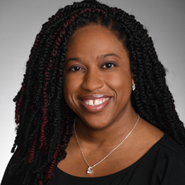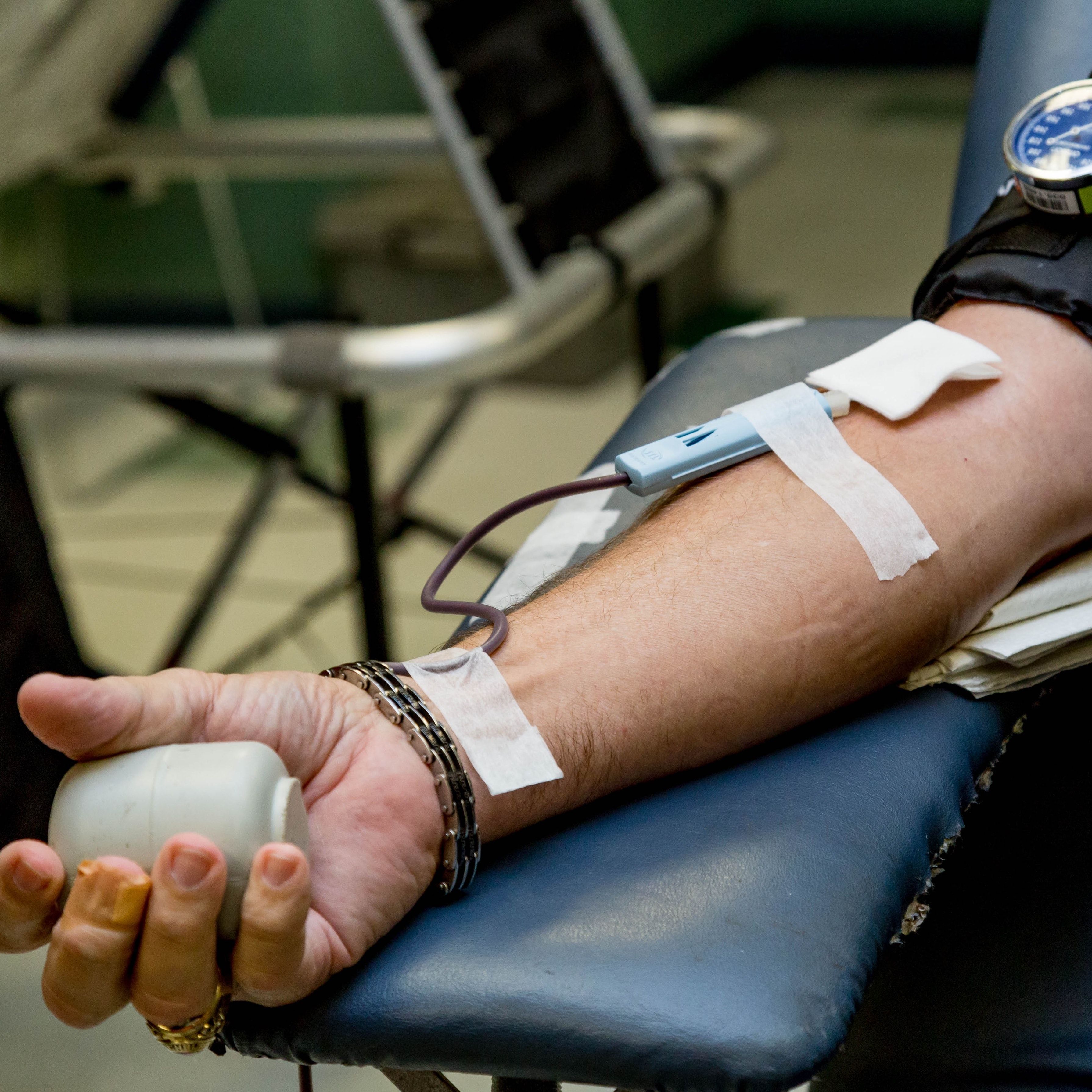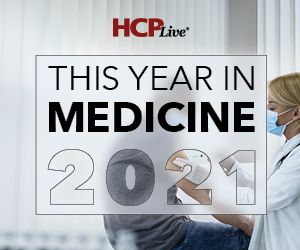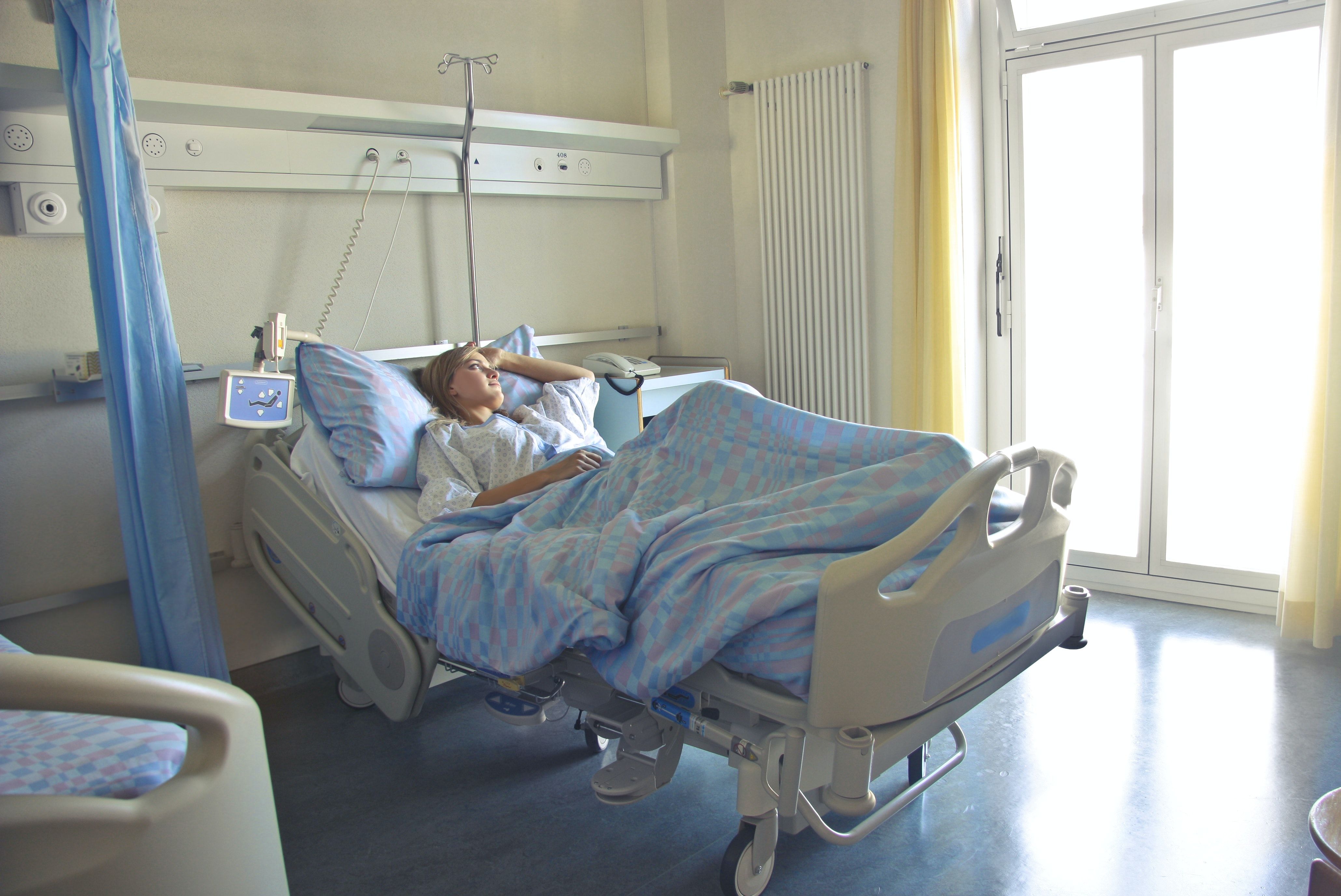Article
Evidence Supports HIV Screening in Young Adults
Author(s):
A study indicates that 25 is an ideal single HIV screening test age, among those without risk factors.
Anne Neilan, MD, MPH, lead study author, Massachusetts General Hospital, Division of Infectious Diseases and the Medical Practice Evaluation Center
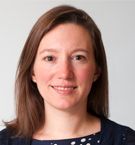
Anne Neilan, MD, MPH
A recent study published in the Journal of Adolescent Health, suggests that the most beneficial age for a 1-time HIV screen of the general population without identified risk factors is 25 years old.
The CDC currently recommends that every American should be tested for HIV at least once between ages 13—64, while the US Preventive Services Task Force, however, advises that HIV testing start at 15.
“The CDC guidelines recommend a 1-time HIV screen between the ages of 13 and 64,” Anne Neilan, MD, MPH, lead study author, Massachusetts General Hospital, Division of Infectious Diseases and the Medical Practice Evaluation Center, told MD Magazine. “In addition to all the very important risk-factor based HIV screening clinicians are already doing, if one were going to screen all adolescents and young adults just once, that HIV screen should occur sometime in the mid-twenties.”
Due to discrepancy guidelines, researchers at Massachusetts General Hospital, the US Centers for Disease Control and Prevention (CDC) and the Massachusetts Department of Public Health, found that if testing is done once, it makes most the most sense at age 25.
Researchers studied CDC data from 2009—2013 that documented new HIV diagnoses among those 13–29 years old. During that time, the highest rate of new infections occurred in those ages 22­–25. A delay is often present between infection and diagnosis, so often times it’s difficult to determine at what age infections occur.
The analysis, which used a well-published computer simulation model, found that adding a single HIV screening test at age 25 would be cost effective, greatly improve rates of HIV diagnosis and overall health outcomes among young adults.
Compared to current practice, an additional 1-time screen at age 25 led to a substantial gain in HIV-infected life expectancy of 4.8 months, and was cost effective. These results aligned with other analyses and found HIV screening to be cost effective in all but the lowest-risk populations.
Study results don’t however, apply to youth at high risk, like gay and bisexual males, who should be tested more frequently, along with those who inject drugs and their sex partners, those who exchange sex for money or drugs and sex partners of infected people.
Currently, 13% of adults are unaware if they are infected with HIV or not, but 51% of those 13­—24 years old are unaware if they are HIV positive or negative.
Even though gains in life expectancy and the number of adolescents and young adults detected by the 1-time screen were small, a screen at age 25 greatly improved care continuum outcomes for those who became infected by age 25.
With the screen conducted at age 25, the proportion of HIV-infected youth diagnosed by age 25 increased compared with other age screenings, 77% versus 51—53%. The proportion with virologic suppression also increased, 51% versus 34–36%.
For those young adults and adolescents without identified HIV risk factors, a single routine HIV screening at 25 years old, in addition to current screening practice, would greatly improve clinical outcomes and be a cost-effective option compared to current screening practices.
Neilan indicated that she hopes the study will help revise current advice about how those in the general population should be tested for HIV, however, even if guidelines are revised, barriers to HIV screening that could keep testing rates low still remain.
The study, “The Optimal Age for Screening Adolescents and Young Adults Without Identified Risk Factors for HIV,” was published in the Journal of Adolescent Health in January 2018.

